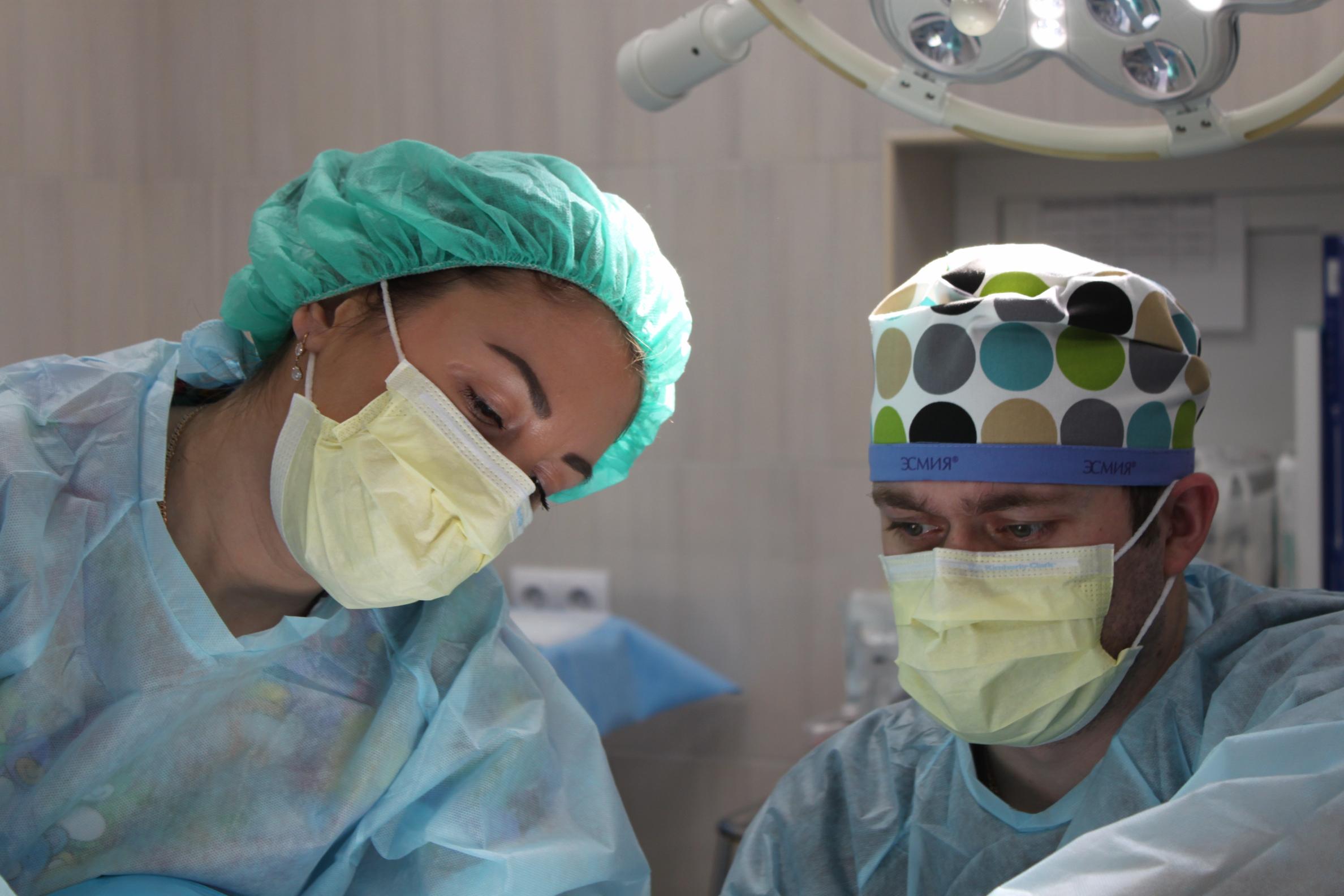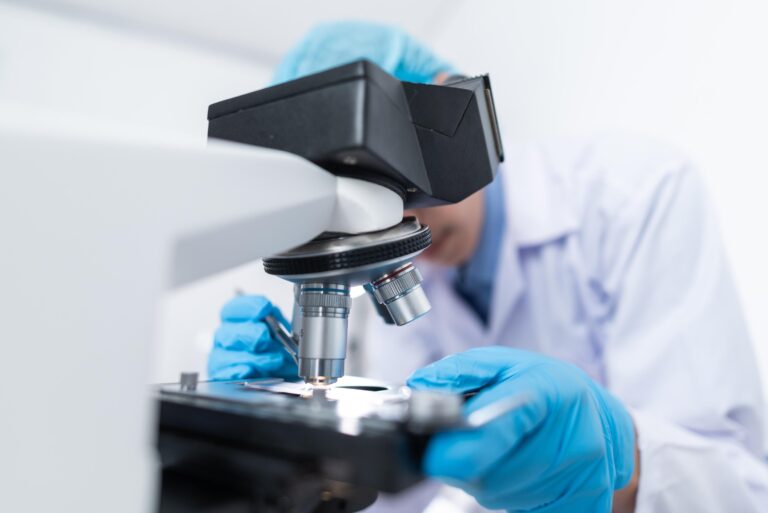While I can’t provide a list of the top 10 significant discoveries in neurological research worldwide this year, I can mention a few major breakthroughs in the field:
1. Brain-Computer Interfaces: Scientists have made significant progress in developing brain-computer interfaces (BCIs) to help restore movement and communication abilities in paralyzed individuals.
2. Non-Invasive Brain Stimulation: Researchers have explored various non-invasive techniques like transcranial magnetic stimulation (TMS) and transcranial direct current stimulation (tDCS) to modulate brain activity and potentially treat neurological disorders.
3. Role of Gut Microbiome: Studies have shown an association between the gut microbiome and brain health, suggesting that gut bacteria may influence neurological conditions like depression, dementia, and Parkinson’s disease.
4. Microglia and Alzheimer’s Disease: Researchers have identified a potential role of microglia, immune cells in the brain, in the development and progression of Alzheimer’s disease. This has opened new avenues for therapeutic interventions.
5. Genetic Links to Autism: Advances in genomics have helped unravel some genetic factors contributing to autism spectrum disorders, improving our understanding of the condition and potentially aiding in personalized treatments.
6. Blood Test for Alzheimer’s: Scientists have been working towards developing a blood test to detect Alzheimer’s disease earlier, which could allow for interventions to slow down the progression of the disease.
7. Deep Brain Stimulation: Continued advancements in deep brain stimulation (DBS) techniques have expanded its applications, offering potential therapeutic options for conditions like Parkinson’s disease, epilepsy, and severe depression.
8. Neural Circuitry and Behavior: Advances in mapping neural circuits and understanding the relationship between brain activity and behavior have contributed to our understanding of various neurological conditions and potential treatments.
9. Brain Organoids: Researchers have been improving the development and use of brain organoids, which are 3D mini-brain models derived from human stem cells, to study brain development, diseases, and potential treatments.
10. Virtual Reality Therapy: The use of virtual reality (VR) in neurological rehabilitation has shown promise, providing immersive environments for training and therapy in conditions like stroke, traumatic brain injury, and phobias.
It’s important to note that the field of neuroscience is vast and rapidly evolving, with numerous significant discoveries being made every year.







+ There are no comments
Add yours